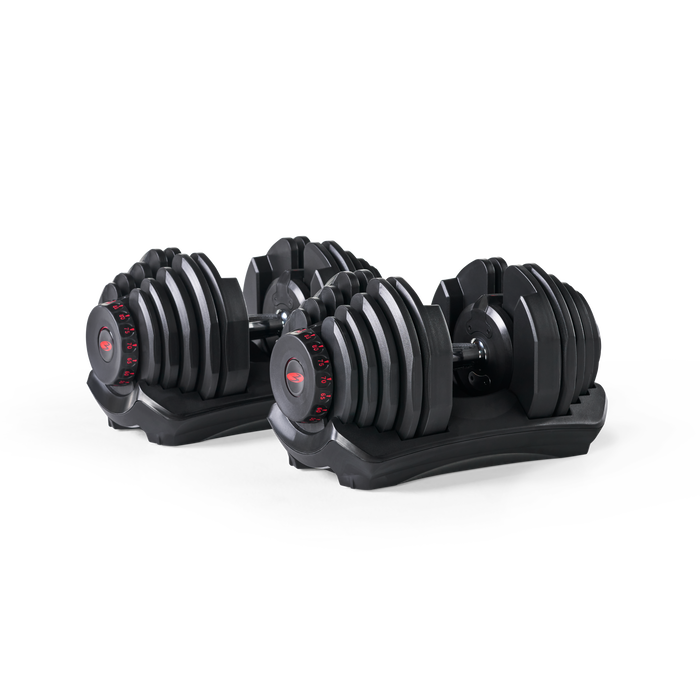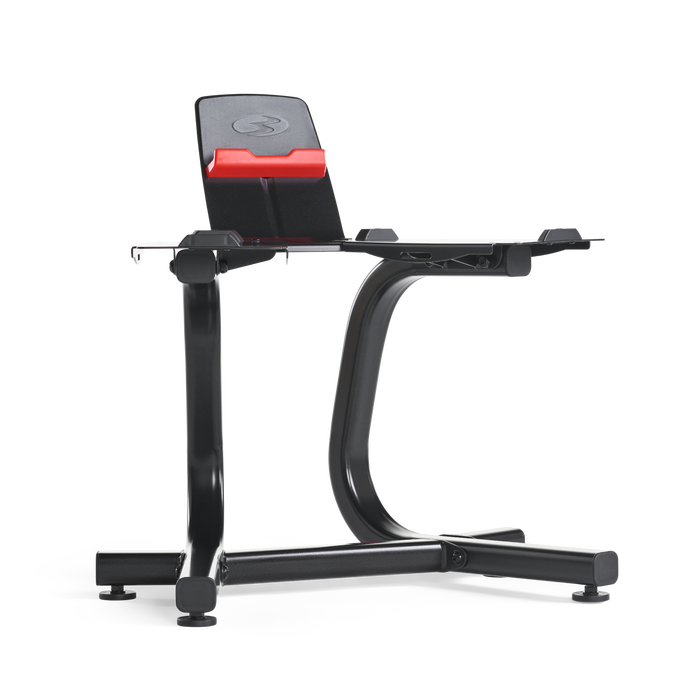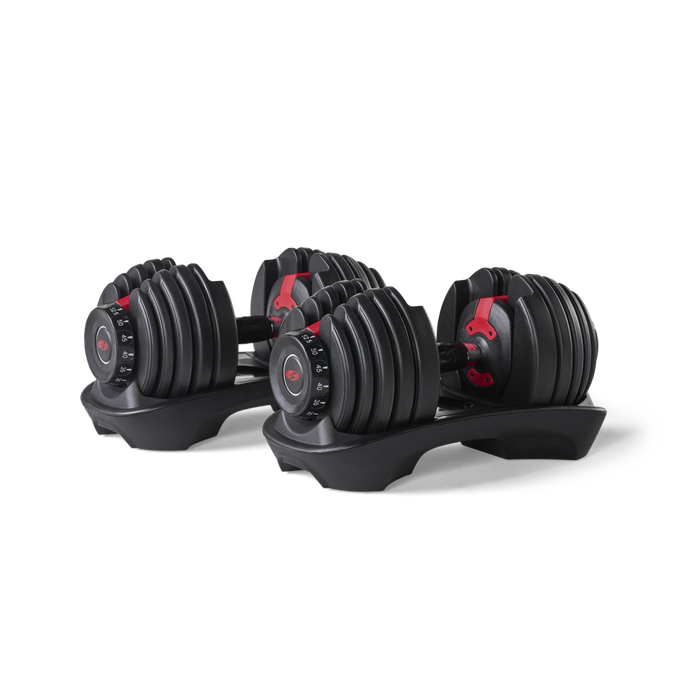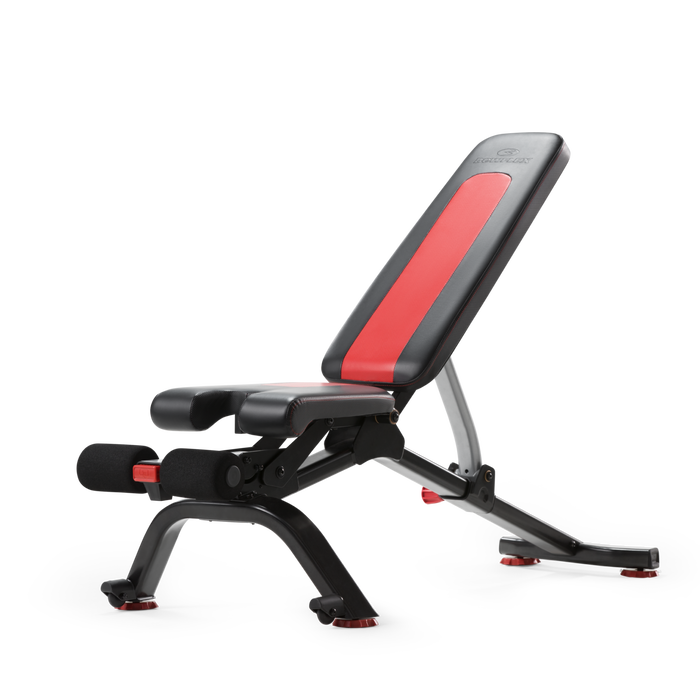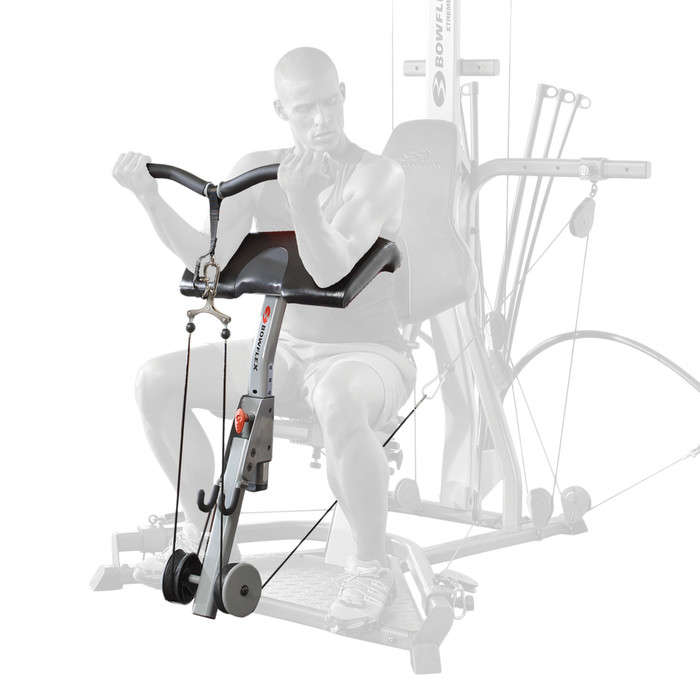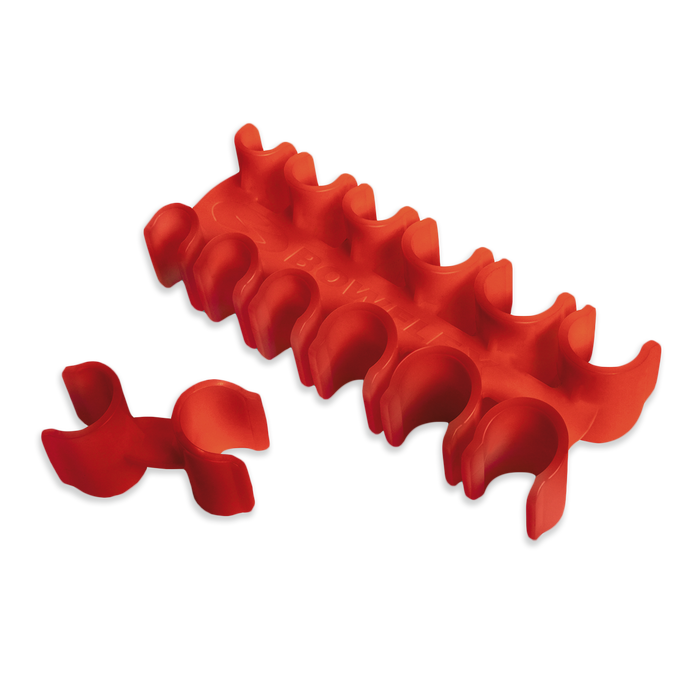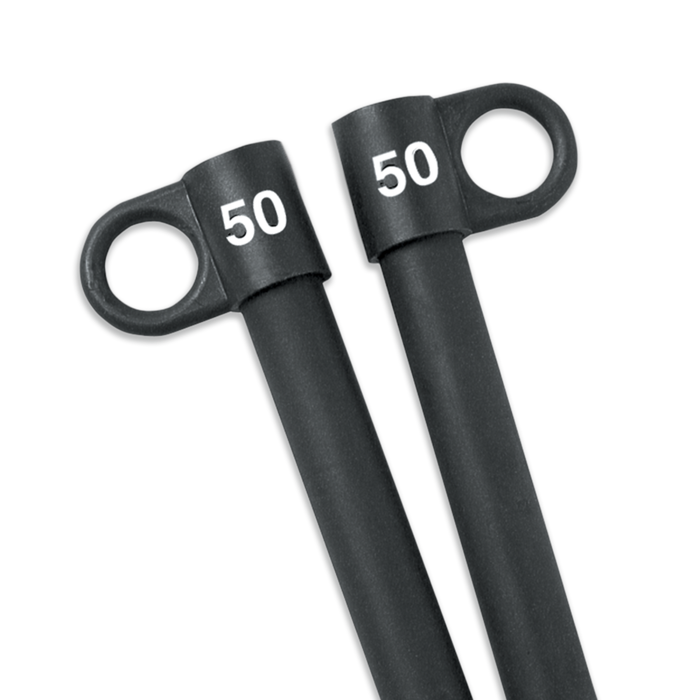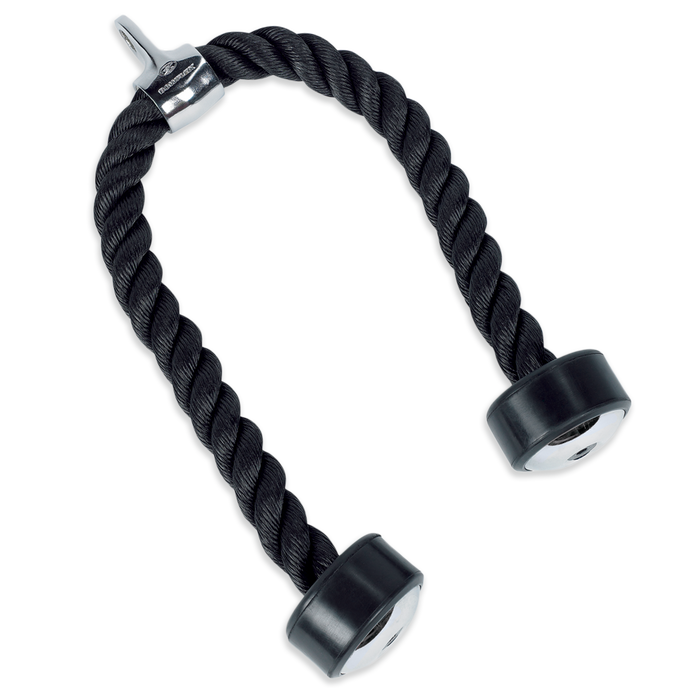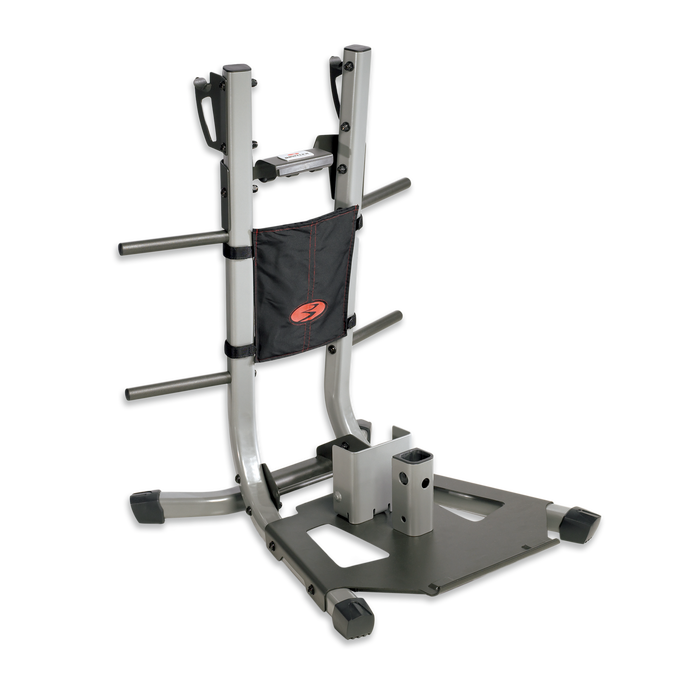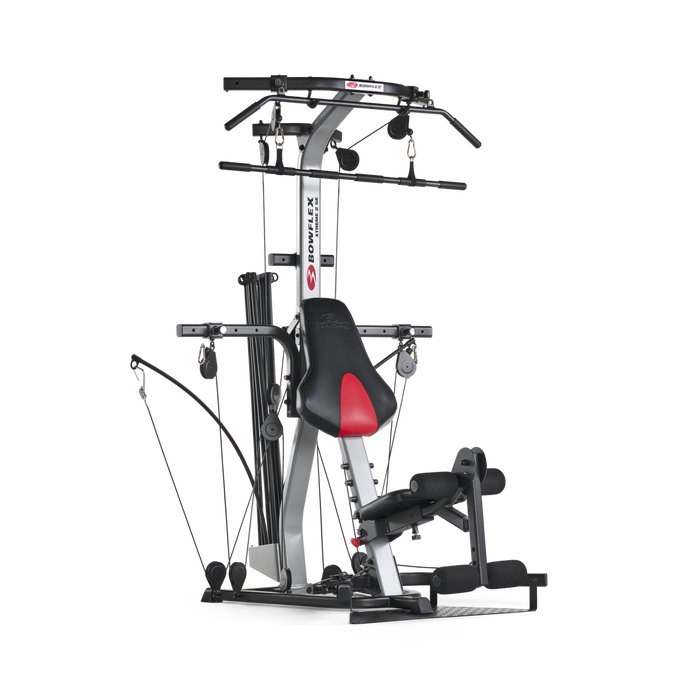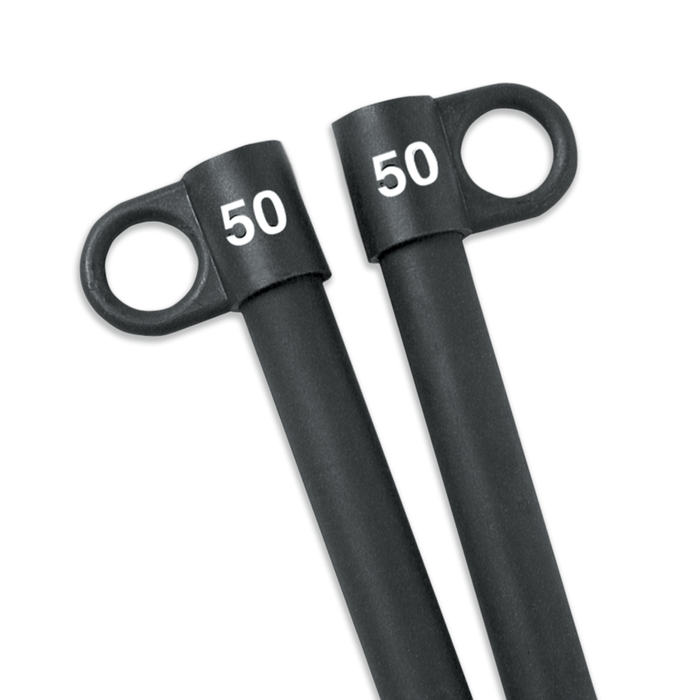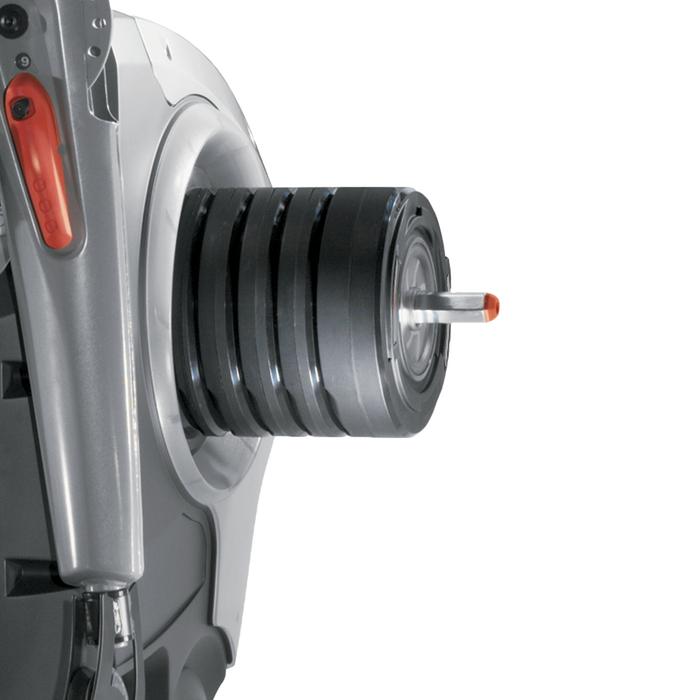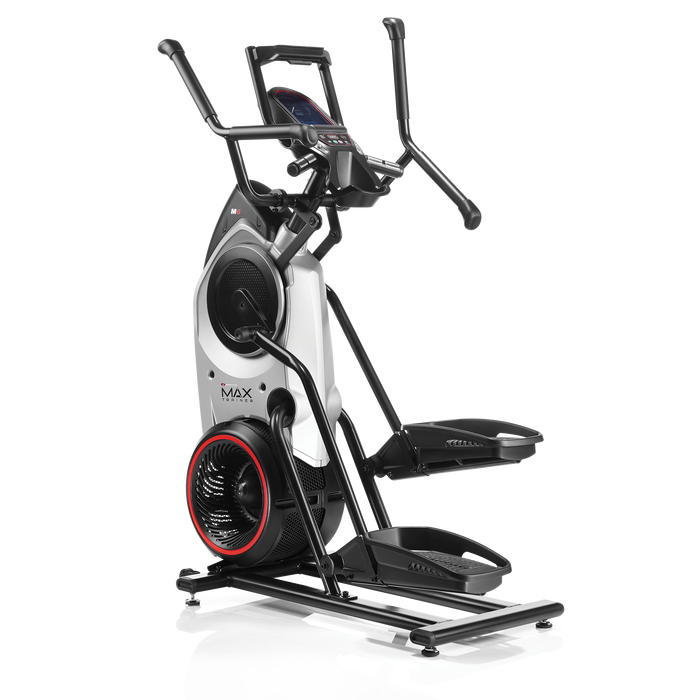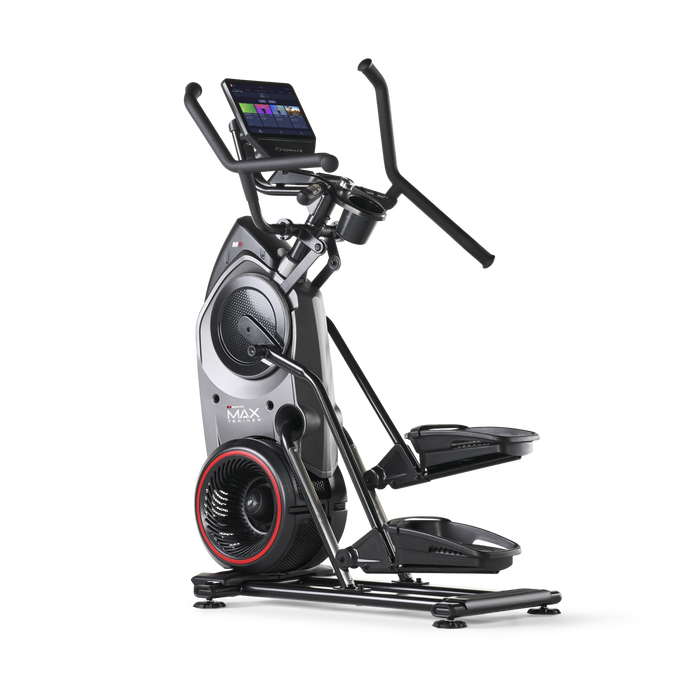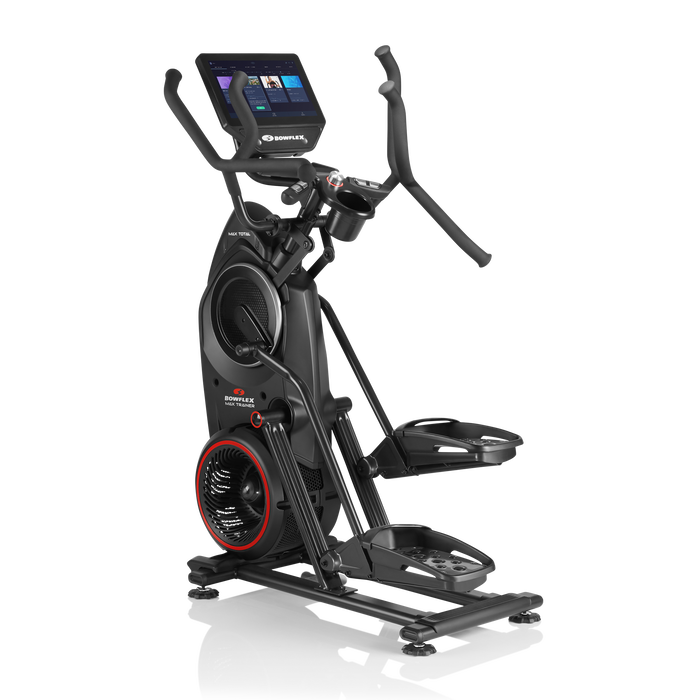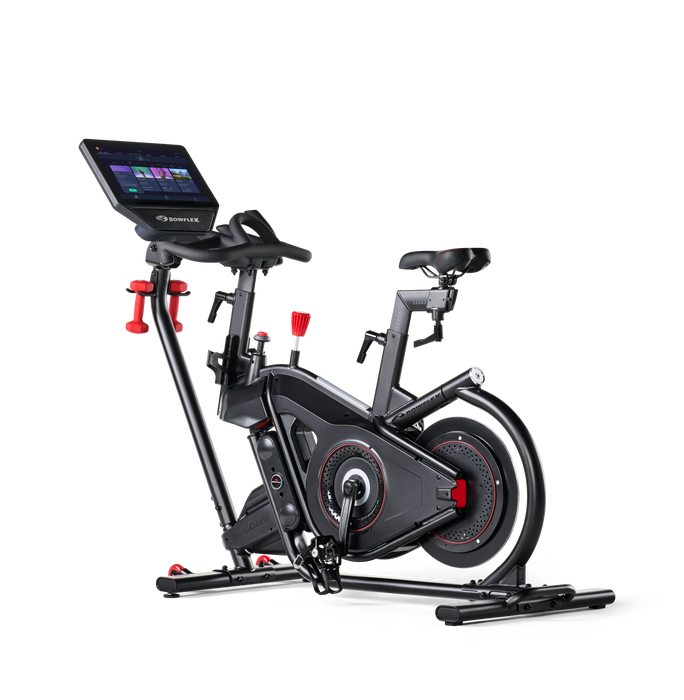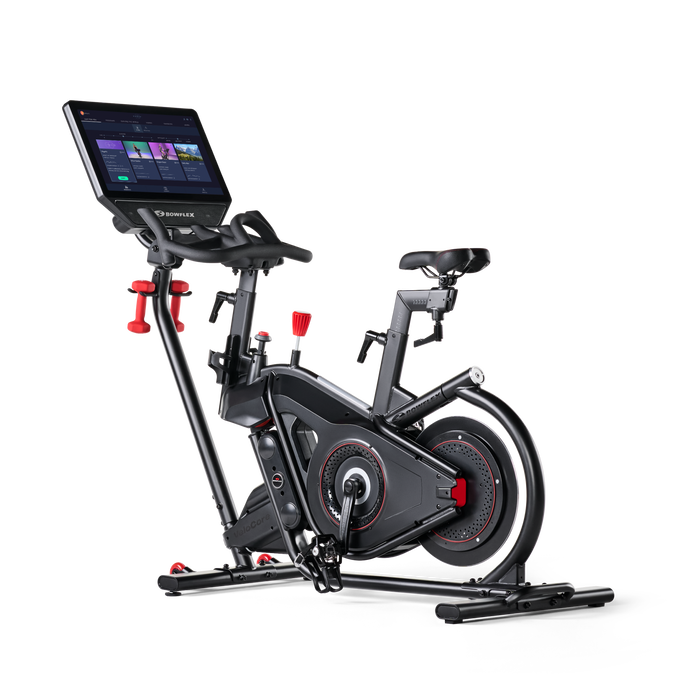Avoid This Key Dieting Mistake

You need to eat more. This is the opposite of what you've probably read, heard, or have been told by your friend who dropped pounds by eating nothing but tuna, carrots, and oatmeal.
Over-restricting is, by far, the most common reason I see people not getting results and not sticking with long-term healthy eating habits. You shouldn't have to feel starving to the point of being sluggish, light-headed, ready to bite your spouse's head off out of crankiness, or wake up in the middle of the night hungry in order to lose weight. Don't follow an arbitrary calorie goal that your friend told you worked for her, or a 1,200-calorie diet plan you downloaded. This could very likely be too drastic of a cut in calories in the beginning, or not meet your needs depending on your gender, age, activity level, and genetics. If this is the case, you won't lose weight. Your body will go into starvation mode and hold onto everything it's got in response to not getting enough food.
Even following calorie goals set by website trackers and apps are a rough estimate and only a starting point. These equations cannot take into account genetics or other factors that affect metabolism such as sleep, stress, and medications.
If you are constantly feeling mentally and physically deprived, is this a realistic and sustainable plan? Probably not. Another long-term factor to consider is overcoming plateaus. If you cut your calories from 2,000-plus per day down to only 1,200 you might lose weight in the beginning but once you reach a plateau, there's nowhere else to go except to exercise more. If you could get the same weight loss results and eat 1600 calories, wouldn't you prefer that?
How to avoid over-restriction
If you don't know how many calories you currently eat, start logging on www.myfitnesspal.com or www.loseit.com. Then, try reducing your daily calorie intake by 200-300 calories for 2-3 weeks. Only weigh yourself twice, once at the start and once at the end of the second or third week. Pay close attention to your hunger levels and adjust accordingly. If you feel low on energy or starving throughout the day add 100-200 calories. If you don't feel hungry before a meal, eat a smaller amount or wait until you do feel hungry to eat.
Never go below 1,200 calories if you're female and 1,400 calories if you're male.
Extra Tip: Many chronic yo-yo dieters experience a lack of hunger, especially in the morning time. Give your body a chance to adjust, make sure to eat a small meal with protein and carbs within 90 minutes of waking. After a few weeks, your metabolism should start to normalize and you will experience hunger and fullness again. You will also get better at determining when you are comfortably full and when you are truly physically hungry. Be patient with yourself and allow time for change to become habits!

